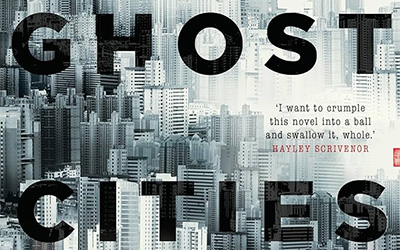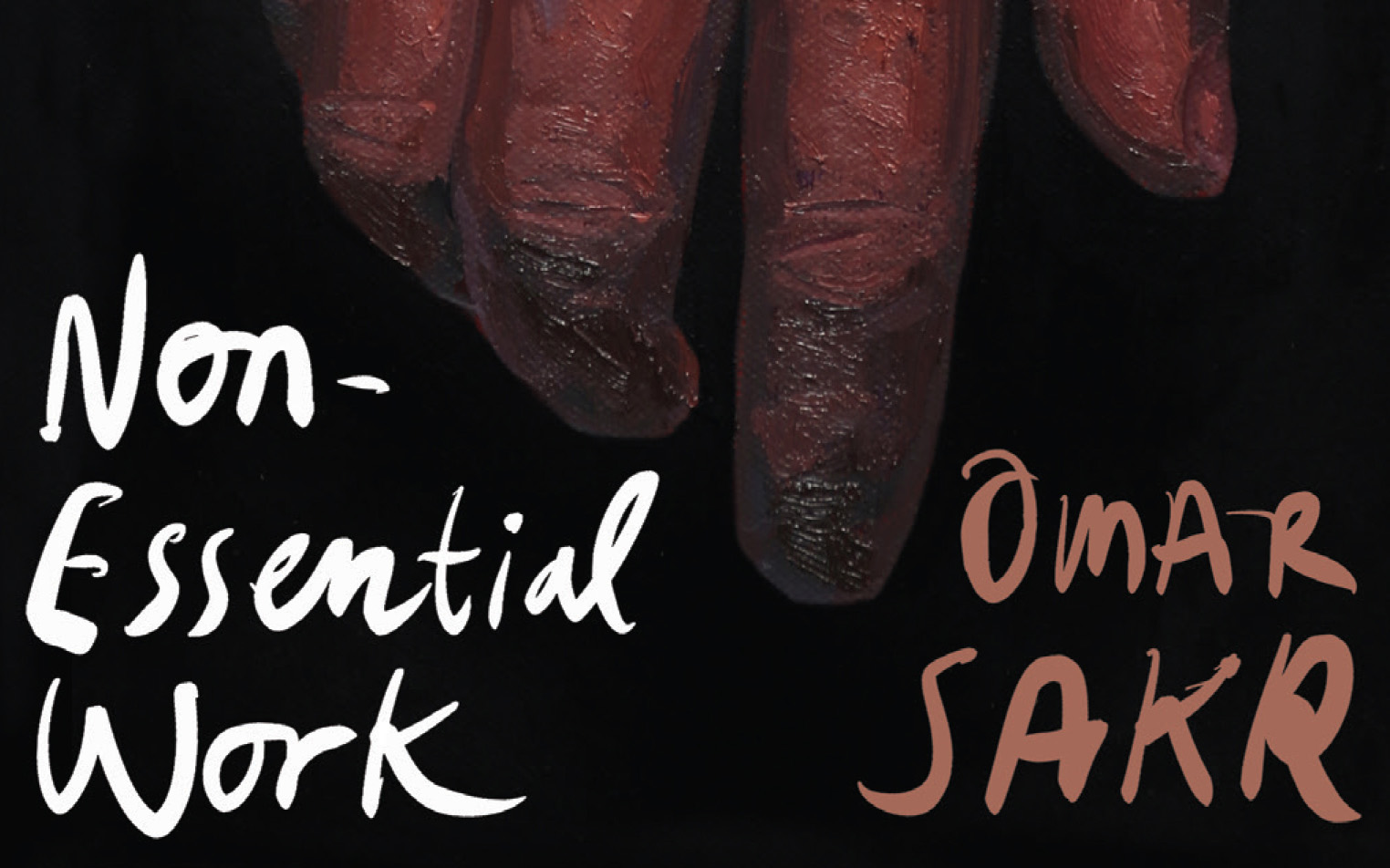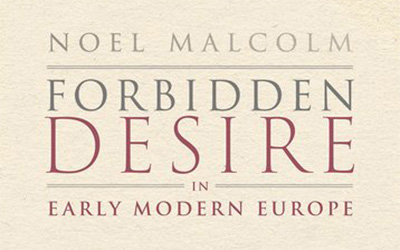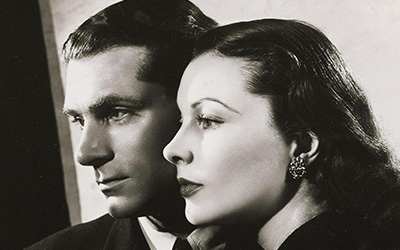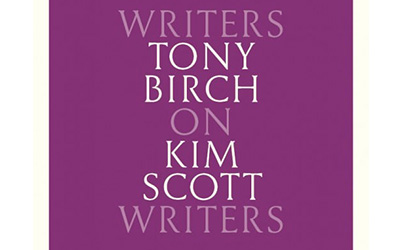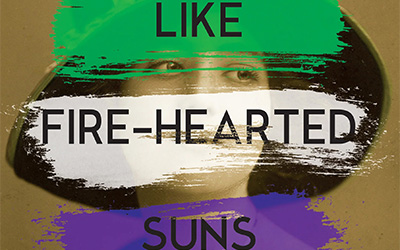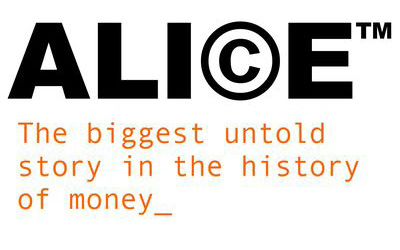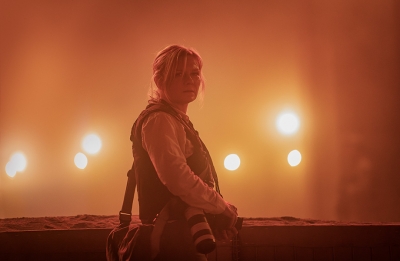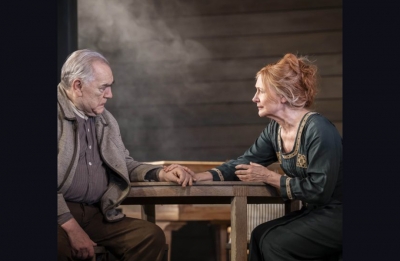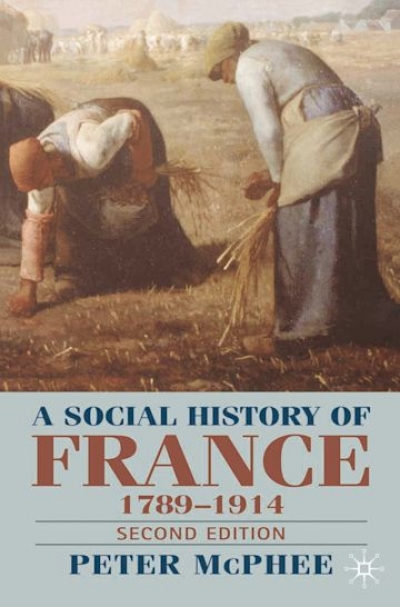Environment
Deep Water: The world in the ocean by James Bradley
On the surface, this encyclopedic work offers a gloriously lyrical exploration of the sea. It could be part of a recent shoal of books about the more-than-human world, limning the wondrous and astonishing. In Deep Water: The world in the ocean, whales learn rhyme-like patterns to remember their songs, a ‘babel of strange, eerie sounds: skittering blips, long cries, whoops and basso moans’. A loggerhead turtle travels more than 37,000 kilometres to return to her birthplace. Sharks’ chemo-receptors prove acute enough to detect blood ‘in amounts as low as one part in a million’. Port Jackson sharks socialise with their peers, and evidence emerges that some fish species use tools.







